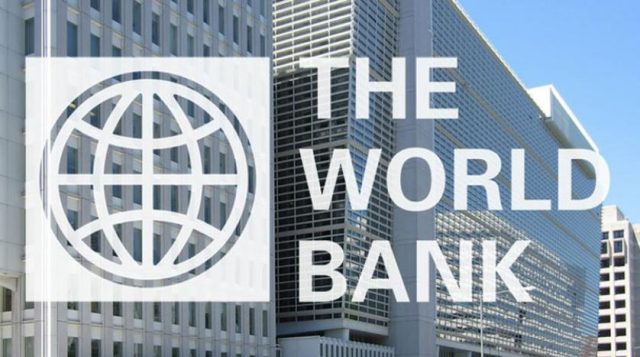 By Uche Amunike
By Uche Amunike
Two international agencies, the World Bank and the US Export-Import Bank (EximBank) have given the assurance that they will stake over $3 billion towards boosting the Nigerian Energy Transition Plan.
Speaking, during the global virtual launch of the Nigerian Energy Transition Plan, where solutions to the dual problems of energy poverty and climate change were sought, Nigeria’s Country Director of the World Bank, Shubham Chaudhuri, stated that its target was to stake over $1.5 billion towards the Nigerian Energy Transition Plan.
His words: ‘We plan to commit over $1.5 billion towards the Energy Transition Plan on renewable energy, on power sector reforms, and potentially hydropower, on clean cooking, and wherever opportunities arise,’ he said.
‘The policy and institutional reforms that will be necessary are also part of the agenda and we hope to be able to provide support for the fundamentally imperative of energy access but in a way that is consistent with the energy transition, what I think of as the NEAT imperative.’
‘The Nigerian Energy Access and Transition (NEAT) imperative is what we here at the World Bank are absolutely committed to supporting’, Chaudhuri said.
As for Adam Cortese, who is the Chief Executive Officer of another renewable energy solutions company, known as Sun Africa, he assured that it was in the last stage of discussions with the US Exim Bank, concerning a $1.5 billion financial package.
His words: ‘The launch of Nigeria’s Energy Transition Plan has further accelerated our efforts, proving Nigeria to be fertile grounds for investments in the sector. We are in the final stages of discussion with US EXIM Bank on a USD 1.5 billion financing package’, Cortese said.
‘We are truly excited about the future and we are looking forward to helping Nigeria lead by way of example in Africa.’
Nigeria’s Vice President, Professor Yemi Osinbajo who spoke extensively on the importance of having a peculiar transition plan, made his standpoint clear: ‘For Africa, the problem of energy poverty is as important as our climate ambitions. Energy use is crucial for almost every conceivable aspect of development. Wealth, health, nutrition, water, infrastructure, education, and life expectancy are significantly related to the consumption of energy per capita.’
Professor Osinbajo pinpointed the important scale of resources needed to satisfy both climate and development ambitions.
He further stated that the important scale of resources needed to attain both climate and development ambitions in Nigeria would mean spending $410 billion which is beyond business-as-usual spending to deliver the transition plan by 2060, which translates to $10 billion per year.
His words: ‘The average $3 billion per year investments in renewable energy recorded for the whole of Africa between 2000 and 2020 will certainly not suffice,’ he added.
Osinbajo underscored the need for collaboration, noting that Nigeria developed her energy transition plan to engage with the rest of the world in a thorough and serious data backed system. Therefore, there was a clear need for African nations to be more critical and vocal while engaging in conversations concerning our global climate future.
Minister of Finance, Budget and National Planning, Zainab Ahmed on her part, says that the top challenge being faced by the continent is having access to finance. She reiterated that the country needed ‘$150 billion net expense on improving generation capacity, $135 billion on building transmission and distribution infrastructure.







